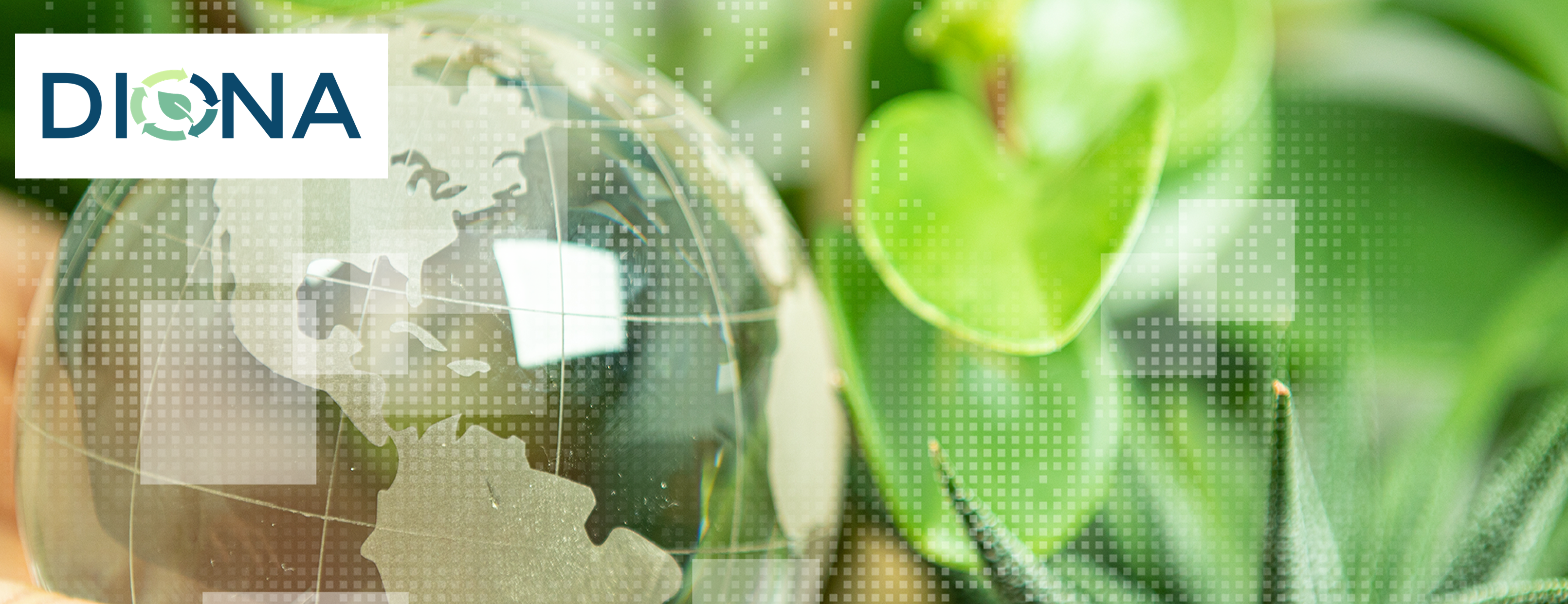The challenge
The global transformation from conventional to renewable and sustainable technical energy solutions particularly affects the automotive sector. One of the greatest challenges in the 21st century is the transformation process of the automotive supply landscape. Traditional production companies and value chains are facing significant changes. To ensure that innovative strength and jobs are maintained, industrial companies must create a transformation of their own production technologies. In addition to energy-related price pressure, the issues of material and resource availability as well as supply chain bottlenecks pose increasing challenges. In the future, technological change can therefore only be achieved with the inclusion of cycle-oriented value chains.
Our contribution
Within the DIONA project, design principles for sustainability and circularity indicators are derived. In a second step, Fraunhofer ISST is involved in the evaluation and validation of these design principles so that well-founded recommendations for action for the collection of circularity indicators for a sustainable circular economy in the automotive industry are ensured. In particular, this includes the use of best practice methods that are required for the subsequent operation of a "MobilKreis" digital hub. Based on this, Fraunhofer ISST supports the transfer of results in the context of cross-organizational cooperation. In the further course, Fraunhofer ISST is also involved in the holistic processing of a knowledge base for the conceptual development of a sustainable circular economy in the automotive industry. In addition, the Fraunhofer ISST's range of services includes the design and development of the cyber-physical test rooms. The infrastructure required for the project is being provided, which will enable a seamless transition to the operational phase of these test rooms.
The result
Building on existing experience and insights, DIONA aims to establish a so-called "MobilKreis" digital hub for circular value creation. As a result, the hub will act as a focal point and innovation center for relevant stakeholders (science, business, associations, social partners, committees) and promote interdisciplinary collaboration. With a clear focus on circular value creation in the automotive industry, the project aims to synthesize key findings from the collaborative projects funded under the "MobilKreis" call in order to make application-oriented methods and tools available in companies..
The partners
- Chair of Industrial Information Management, TU Dortmund University - IIM
- Department of IT in Production and Logistics, TU Dortmund - ITPL
- Department of Sociology of Technology, TU Dortmund - TSoz
- Chair of Business Informatics - Business Process and Information Management, TU Chemnitz - WI
- Mittelstand-Digital Center Dortmund
- Mittelstand-Digital Center Chemnitz
- Center for Entrepeneurship & Transfer - CET
The funding
- Federal Ministry of Education and Research BMBF
- Funding code: 02J21E200
- Duration: 10/2022-10/2025
 Fraunhofer Institute for Software and Systems Engineering
Fraunhofer Institute for Software and Systems Engineering